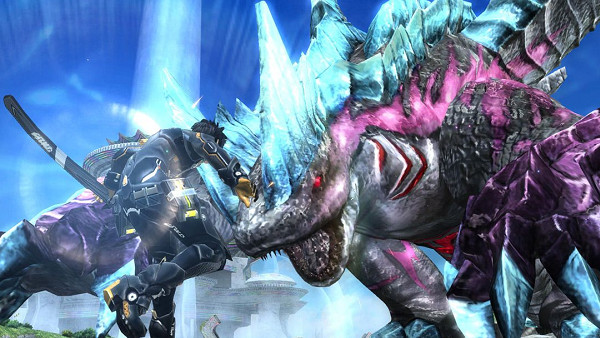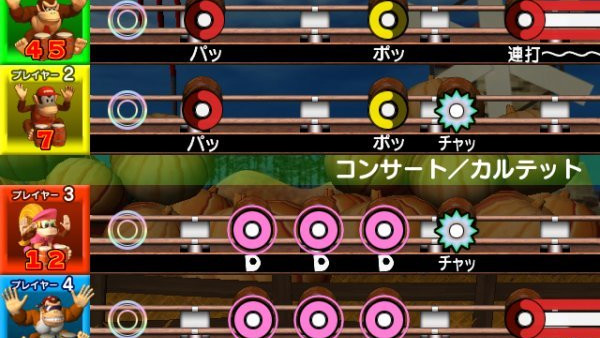10 Japanese Video Games That Will Never Be Released In The West
We want them, but we can't have them.

In recent years, home consoles have become increasingly unpopular in Japan. In response, companies such as Nintendo, Capcom and Square Enix have demonstrated a remarkable favouritism towards the West, catering themselves almost exclusively to foreign audiences. With that said, the country does still indulge itself from time to time, and will often produce remarkable video games exclusively for Japanese consumers.
On these occasions, the games in question are considered either too niche, or too culturally distinct for a viable release outside of Japan, and are therefore never localised for English speaking audiences. In most instances, this is done for the right reasons, but sometimes, the games themselves are much anticipated, and would arguably achieve a degree of commercial success if given a worldwide release, which for one reason or another, they're denied.
Unfortunately, none of the examples on this list will ever be released in the West. If you’re so inclined, you’re more than welcome to import copies for yourself, but unless you speak fluent Japanese, you’re unlikely to fully appreciate them. They were made by Japan for Japan, and while many of them look bizarre, and others look downright exceptional, we’ll never get the chance to find out either way.
10. Donkey Konga 3: Tabe-houdai! Haru Mogitate 50 Kyoku

Released in 2005, Donkey Konga 3 is the third and
final instalment in the series, and the first to be denied localisation outside
of Japan. Like the two previous entries, the game utilises the DK bongos,
requiring players to drum along to the beat of numerous popular tracks. In
terms of both gameplay and presentation, it’s identical to previous entries, and
even features the same playable characters, as well as almost double the number
of playable songs.
So, why wasn’t it released outside of Japan? Well, Donkey Konga 3 (All-You-Can-Eat! Springtime Freshly Picked 50 Tunes), was a huge commercial success because it catered specifically to Japanese audiences. Unlike previous entries in the series, the game didn’t feature recognisable hits such as “We Will Rock You”, but instead chose to showcase several prominent J-Pop musicians, as well as a number of anime soundtracks.
Almost as a direct result, the game was never considered for a worldwide release, and that decision is unlikely to change anytime soon. Plus, who still owns DK bongos?